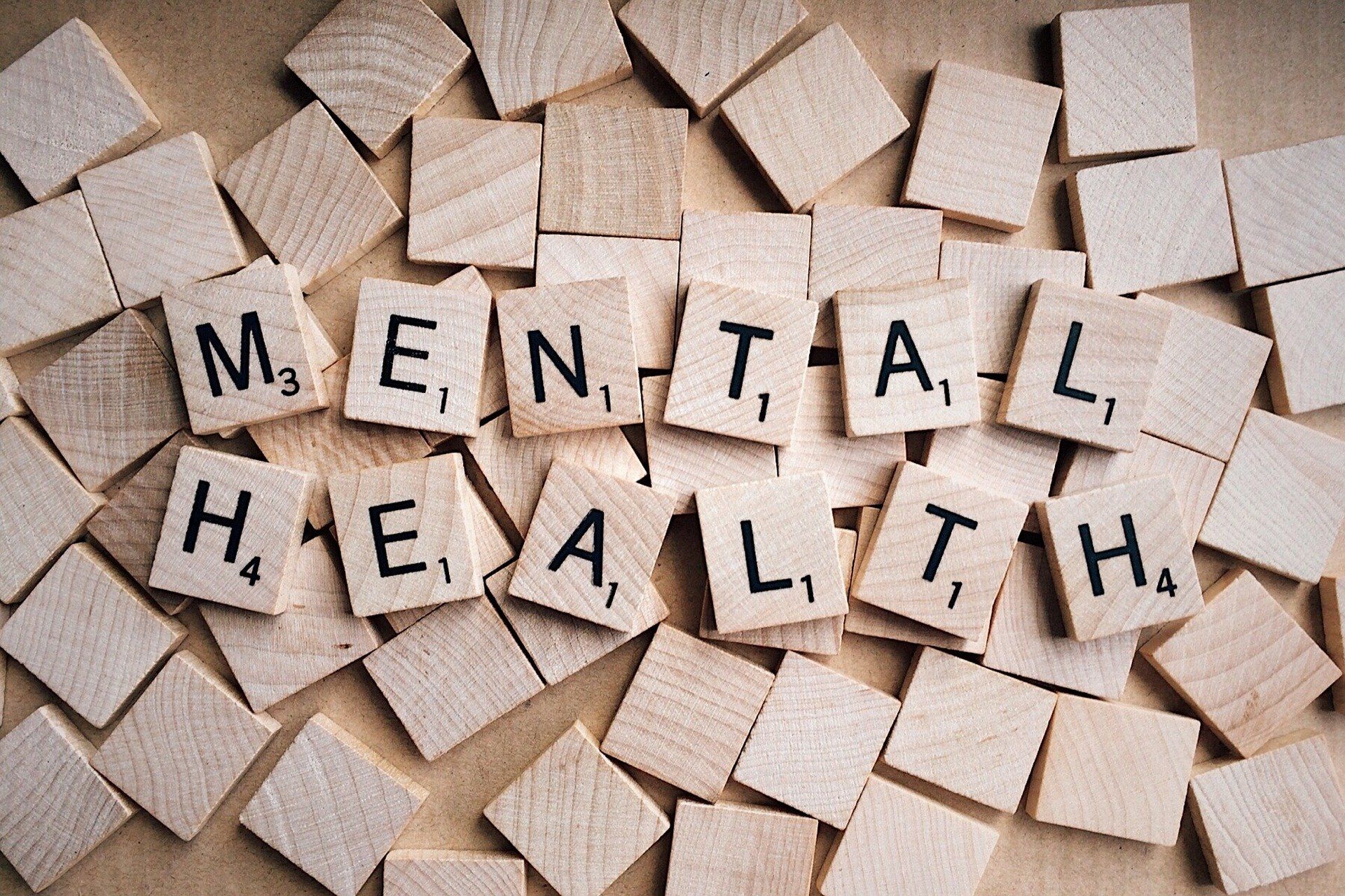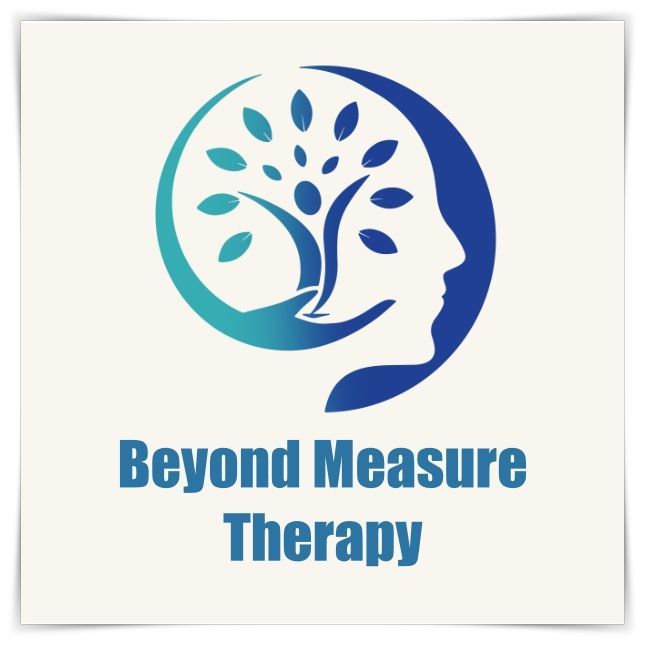Stigma of Mental Health Care Is Fading
News Staff • August 12, 2024
Mental Health Care Stigma Has Faded

For generations there has been a stigma about asking for mental health help. But in the past two decades the stigma of mental health care has changed. Employers are encouraging staff members to seek professional care, couples are having regular sessions and people with addictions are finding help before tragic incidents.
Destigmatizing therapy is crucial because it removes the shame and embarrassment often associated with seeking mental health care. When people feel ashamed or judged for needing help, they are less likely to reach out, leading to prolonged suffering and worsening mental health conditions. By normalizing therapy, it encourages people to view it as a regular part of maintaining overall health and well-being.
Jon-Elyn Murphree, a local Therapist at Beyond Measure, stated "Seeking mental health treatment is becoming less and less stigmatized. People today are becoming more comfortable with stating that they are in therapy. Therapy can be thought of like a tune up for your car. Some may think that you have to be in the middle of a life-altering event to seek therapy... that isn't true. You want to perform at maximum capacity and life circumstances and mental health challenges can get in the way of that. How are you handling stress, interpersonal relationships, and the constant demands of life? Having a relationship established with a therapist you trust can ease the burden of finding a therapist in the middle of a crisis if it occurs."
Therapy at a beach front community might be delivered in a different fashion. Jon-Elyn told us that she offers appointments during beachfront walks if the client wishes and the matter is appropriate.
It may seem that living in a beach community is always paradise but everyone can suffer setbacks and stress even in such tranquil settings.
Over the last few decades, advances in neuroscience have uncovered that life experiences affect our brains—this is called neuroplasticity. When our senses are activated, when we learn something new, when we face stressful situations, or when we have many other kinds of experiences, our brains can change in structure and function. In part, this means that events or external stressors can lead to mental health struggles, but it also means that some experiences, including therapy, can help modify brain structure and function into a healthier state. Studies consistently show that behavioral and emotional interventions work just as well or even better than medication to treat various mental health conditions, including anxiety, depression, and obsessive-compulsive disorder
In short, speaking with a professional who can keep your secrets and help you develop a mental health plan can result in long-term joy of everyday life.
Recent Posts

























